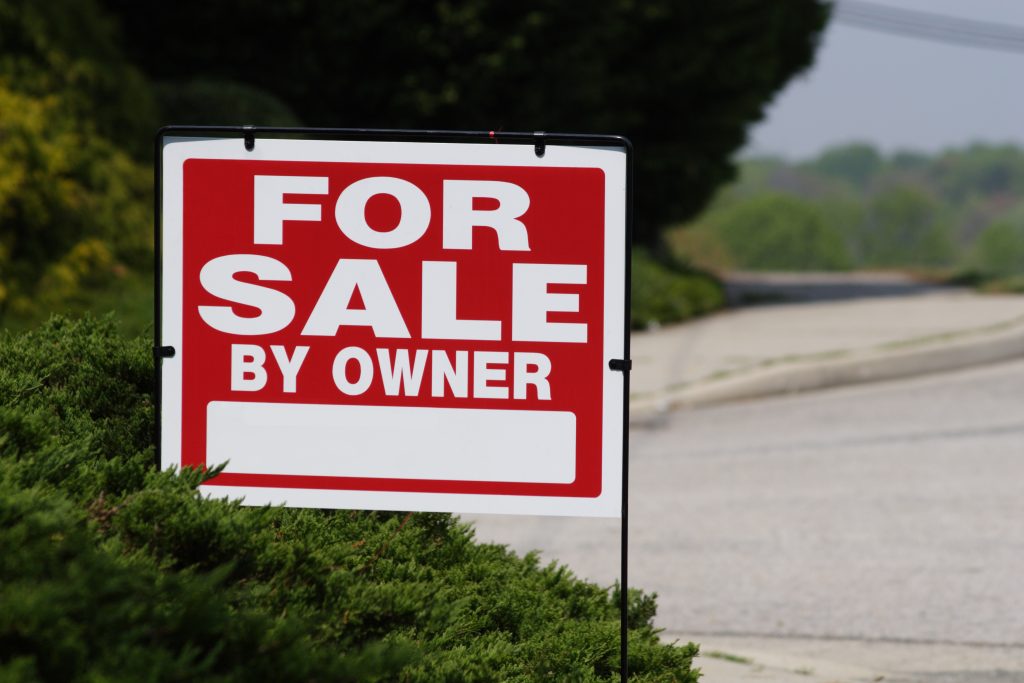 There are two sides to every story — and to every lawsuit. In many lawsuits, each side’s story is plausible, and the trial court’s decision ultimately comes down to which story was more plausible. A recent car accident case in New Orleans illustrates this concept and highlights the need for effective lawyering on behalf of a client.
There are two sides to every story — and to every lawsuit. In many lawsuits, each side’s story is plausible, and the trial court’s decision ultimately comes down to which story was more plausible. A recent car accident case in New Orleans illustrates this concept and highlights the need for effective lawyering on behalf of a client.
Brown v. Travelers Insurance Company, et al. arose from a car accident between vehicles driven by plaintiff, Aisha Brown, and defendant, Kevin Fogg, at the intersection of Elysian Fields Avenue and Gentilly Boulevard in New Orleans. Brown, individually on behalf of her minor children, and Nachelle Williams, on behalf of her minor child, filed a lawsuit (the minor children were passengers in Brown’s car). The trial court ruled in favor of the plaintiffs and awarded damages to each of them. Fogg appealed this judgment. The only issue on appeal is that of Fogg’s liability: Did the trial court properly rule in favor of the plaintiff?
At trial, the defendant testified that he was traveling on the right lane of Elysian Fields Avenue and intended to proceed straight on the same road through its intersection with Gentilly Boulevard. As the defendant approached the Gentilly Boulevard intersection, he testified, the plaintiff driver attempted to turn right in front of him from the center lane of travel, causing a collision between the two vehicles. In contrast, the plaintiff testified as follows: plaintiff was traveling on Elysian Fields Avenue, and then she turned right onto Gentilly Boulevard. After merging into the left lane of travel, the defendant’s vehicle struck the plaintiff’s rear passenger door.
 Louisiana Personal Injury Lawyer Blog
Louisiana Personal Injury Lawyer Blog


 We enter into contracts all the time without even realizing it. However, when you enter a contract for the sale of commercial property, you know it — long documents, lots of formalities, and possibly substantial monetary consequences are involved. You had better be sure you want to sell that property. As a recent case illustrates, even if a party to a contract for the sale of commercial property changes their mind, a court can still enforce the contract and order that party to perform. In other words, a court can order a seller to abide by the terms of the contract and complete the sale of commercial property to the purchaser.
We enter into contracts all the time without even realizing it. However, when you enter a contract for the sale of commercial property, you know it — long documents, lots of formalities, and possibly substantial monetary consequences are involved. You had better be sure you want to sell that property. As a recent case illustrates, even if a party to a contract for the sale of commercial property changes their mind, a court can still enforce the contract and order that party to perform. In other words, a court can order a seller to abide by the terms of the contract and complete the sale of commercial property to the purchaser. When a person is harmed or comes across what that person sees as an injustice, that person may feel that the only way out is through the courts. However, someone seeking help in the courts must be sure that the problem is one that a court can help. An injunction is a method by which someone can ask a court to order a person or company to either do something or stop doing something. Usually it is required in Louisiana that the party requesting an injunction be at risk of irreparable harm or harm that cannot be undone by the payment of money. This does not apply, though, if the action to be stopped is illegal to begin with.
When a person is harmed or comes across what that person sees as an injustice, that person may feel that the only way out is through the courts. However, someone seeking help in the courts must be sure that the problem is one that a court can help. An injunction is a method by which someone can ask a court to order a person or company to either do something or stop doing something. Usually it is required in Louisiana that the party requesting an injunction be at risk of irreparable harm or harm that cannot be undone by the payment of money. This does not apply, though, if the action to be stopped is illegal to begin with.  In initiating a lawsuit, timing is critical. In Louisiana, the doctrine of prescription bars a claimant’s legal right of recovery when he or she fails to exercise it within a given period of time. This doctrine functions somewhat similarly to what is known as the “statutes of limitations” in other U.S. states. However, certain statutory provisions “stop-the-clock” so to speak, and suspend the time within which a lawsuit must be brought. This entails precise timing calculations for determining prescriptive period or “deadline” for bringing a claim. Failure to comply with these deadlines means no recovery, as demonstrated by a recent opinion of Louisiana Fifth Circuit Court of Appeal in a lawsuit asserting medical malpractice claims.
In initiating a lawsuit, timing is critical. In Louisiana, the doctrine of prescription bars a claimant’s legal right of recovery when he or she fails to exercise it within a given period of time. This doctrine functions somewhat similarly to what is known as the “statutes of limitations” in other U.S. states. However, certain statutory provisions “stop-the-clock” so to speak, and suspend the time within which a lawsuit must be brought. This entails precise timing calculations for determining prescriptive period or “deadline” for bringing a claim. Failure to comply with these deadlines means no recovery, as demonstrated by a recent opinion of Louisiana Fifth Circuit Court of Appeal in a lawsuit asserting medical malpractice claims. 

 Residents of Louisiana may sometimes feel like there is no other place quite like their home state, but as a recent case out of Vermillion Parish demonstrates, when it comes to the laws regarding land and property, Louisiana truly is one-of-a-kind. Thanks to Louisiana’s history with the Napoleonic Code, Louisiana residents deal with legal issues other State residents never face, such as servitudes, usufructs, and acquisitive prescription. The following case out of Vermillion Parish caused the Louisiana Supreme Court to settle a land dispute by analyzing if a proclaimed landowner qualified as owner of the disputed land through acquisitive prescription and along the way provides some insight into how those terms are defined under code.
Residents of Louisiana may sometimes feel like there is no other place quite like their home state, but as a recent case out of Vermillion Parish demonstrates, when it comes to the laws regarding land and property, Louisiana truly is one-of-a-kind. Thanks to Louisiana’s history with the Napoleonic Code, Louisiana residents deal with legal issues other State residents never face, such as servitudes, usufructs, and acquisitive prescription. The following case out of Vermillion Parish caused the Louisiana Supreme Court to settle a land dispute by analyzing if a proclaimed landowner qualified as owner of the disputed land through acquisitive prescription and along the way provides some insight into how those terms are defined under code.
 Contract interpretation can be tough, but having a competent attorney review documents before you sign them goes a long way in avoiding surprises further down the line. This is important because the words that are not there are often just as important as the words that are, a lesson learned the hard way by Chet Morrison Well Services, L.L.C.
Contract interpretation can be tough, but having a competent attorney review documents before you sign them goes a long way in avoiding surprises further down the line. This is important because the words that are not there are often just as important as the words that are, a lesson learned the hard way by Chet Morrison Well Services, L.L.C.